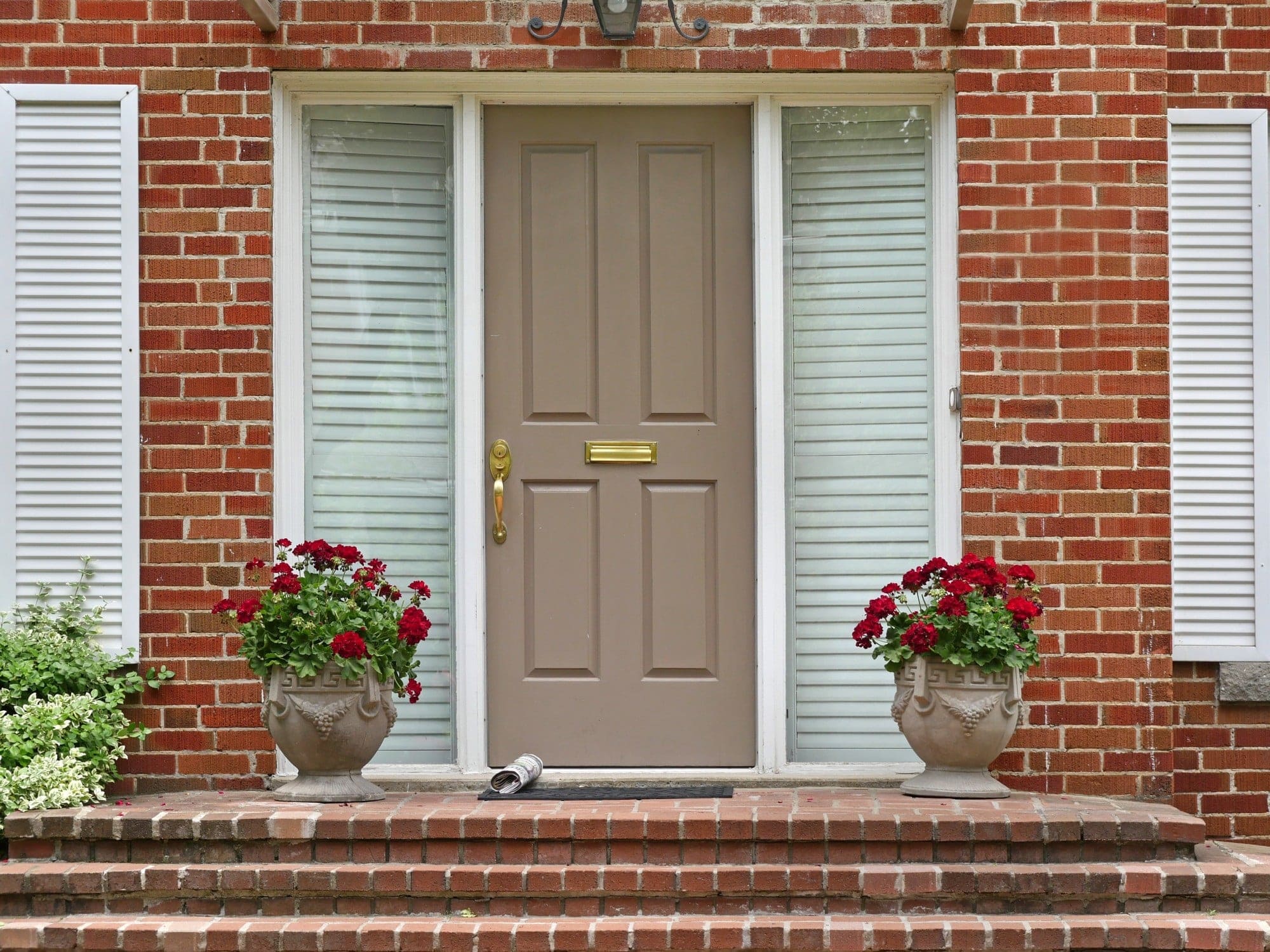Home Improvement
5 Tips for Effective DIY Door Repair

Door Repair
Nearly 80% of homeowners report that they’ve tackled a DIY home improvement project. One common area that homeowners may try to tackle is door repair. While some door repairs may require professional help, many can be easily accomplished with the right tools and knowledge.
Not only can DIY door repair save you money, it can also give you a sense of accomplishment and independence as a homeowner. If you’ve never done it before, fixing your door can seem like a tall task.
Would you like to learn this skill? Let’s explore some helpful tips for effective DIY door repair.
1. Identify the Problem
Before diving into door repair, you need to address and identify the problem first. Thoroughly inspect the broken door and determine what needs to be fixed. It could be that the hinges are loose, the door is sticking, or a damaged frame.
Once you assess the door issues, you can do your research to find the best solutions and begin fixing your door.
2. Use the Right Tools
For any DIY door repair project, you’ll want to have the right tools for the job. Your toolbox should be equipped with a hammer, screwdriver, drill, level, measuring tape, rollers and bearings, etc. Having the right tools will save you time and frustration in the long run.
3. Follow Instructions Carefully
Whether you are repairing a hinge or replacing a damaged panel, it is important to follow the instructions carefully. Don’t skip steps or take shortcuts, as this can lead to additional problems down the line. If you are unsure about any step in the repair process, consult a professional or seek advice from online tutorials or forums.
4. Take Safety Precautions
When working on a door, it is important to take proper safety precautions. Wear protective gear like gloves and eye protection, and be mindful of sharp or heavy objects. Make sure to work in a well-lit area and keep pets and children away from the work area.
5. Don’t Hesitate to Call a Professional
While DIY repairs can be satisfying and cost-effective, there are times when it’s best to call a professional. If you encounter a problem that is beyond your skill level, don’t hesitate to seek help. A professional can quickly and safely repair the damaged door, saving you time and potentially expensive mistakes.
Try Your Hand at DIY Door Repair
Effective DIY door repair can be a great way to save money and tackle household maintenance tasks on your own. By following these tips, including identifying the problem, using the right tools, following instructions carefully, taking safety precautions, and knowing when to call a professional, you can increase the chances of a successful repair and reduce the risk of accidents. With a little bit of effort and some basic skills, you can repair your doors with confidence and enjoy a safer, more comfortable home.
For much more insight on DIY home repairs, be sure to browse our blog.
Having completed my education in English, I’ve cultivated a successful career as a content writer. My tenure includes valued collaborations with distinguished professional organizations, reflecting my commitment to producing high-quality content.
Contact me on this mail: [email protected]










